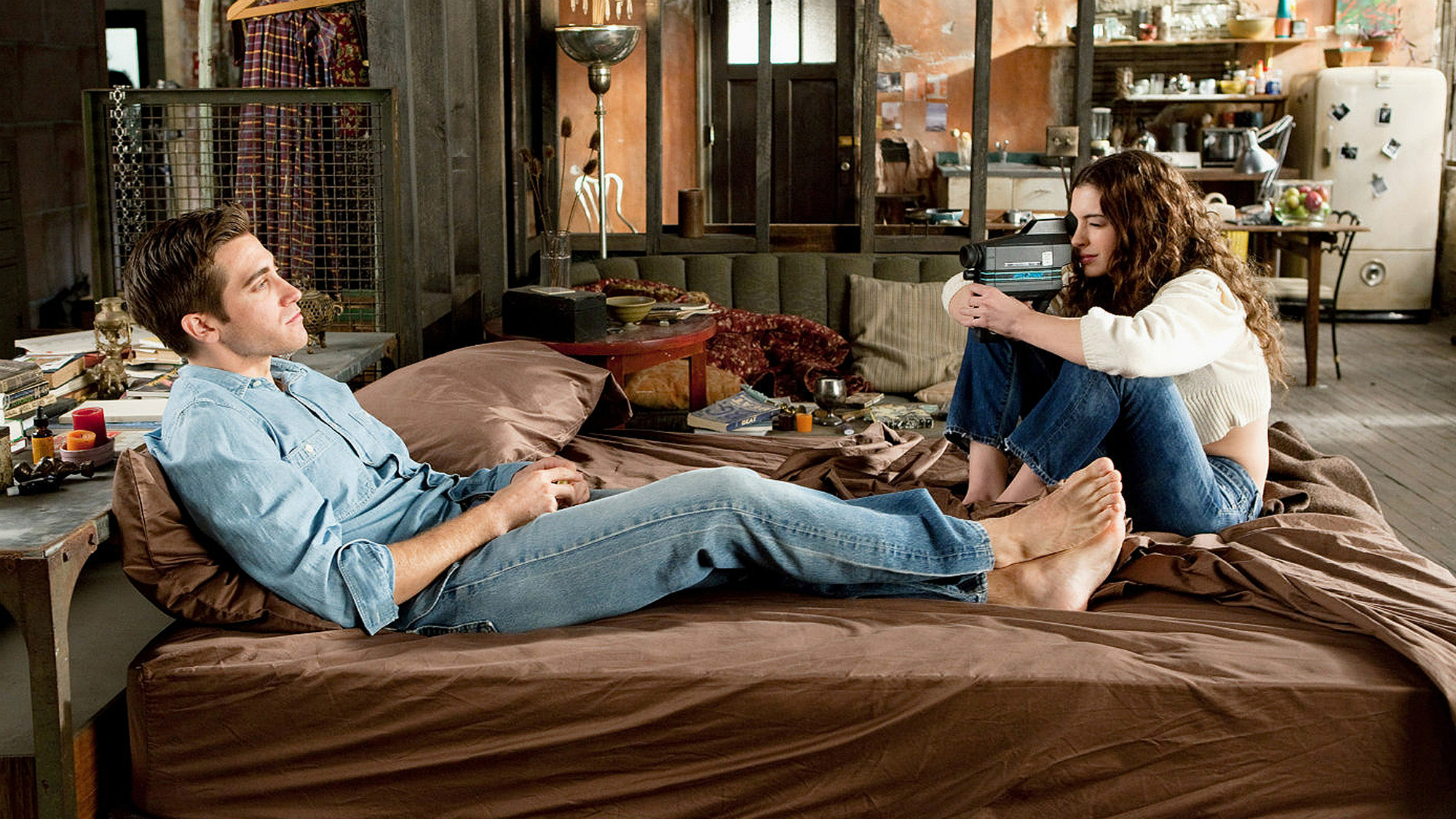Here’s everything you need to know about sleep cycles
And why you really don't want to interrupt them...


And why you really don't want to interrupt them...
What is a sleep cycle?
Sleep follows a formulaic pattern, broken into multiple cycles. An average night's sleep is broken into between four and six sleep cycles, each on average 90 minutes long and containing three different stages, moving between REM and non-REM sleep.
How long is a complete sleep cycle?
The average sleep cycle is 90 minutes long, following the same pattern: non-REM sleep, REM sleep and then back to non-REM sleep before repeating throughout the night.
What are the different stages in a sleep cycle?
There are three different stages in a sleep cycle: around 65 minutes of transitional sleep (non-REM sleep), 20 minutes of light sleep (non-REM sleep) and five minutes of deep sleep (REM sleep), when your dreams occur.

What is REM sleep?
REM sleep (Rapid eye movement sleep) is a stage of deep sleep that occurs approximately 70 to 90 minutes into a sleep cycle. It is a stage of deep sleep that it's difficult to be woken from, during which dreams occur, the eyes move rapidly, the heart rate and blood rate increases, breathing shallows and the leg and arm muscles become paralysed.
What is Non-REM sleep?
Non-REM sleep (non-rapid eye movement sleep) is split into several stages: transitional and light sleep. In these stages it is easy to be awoken, with muscle activity gradually slowing down and the eyes moving slowly under the eyelids, stopping over time. During these stages, body temperature decreases and heart rate slows.
How many sleep cycles do we have in a night?
The amount of sleep cycles we have in a night depends on how much sleep each individual gets but on average, a standard night's sleep contains between four and six sleep cycles.
Marie Claire Newsletter
Celebrity news, beauty, fashion advice, and fascinating features, delivered straight to your inbox!
Is the length of everyone’s sleep cycles the same?
The average length of a sleep cycle is 90 minutes long but your sleep cycles may be longer or shorter and you may need to experiment with waking up at different times to work out your standard sleep cycle, take note of how you feel in the mornings and adjust your bed time accordingly.

What happens when you interrupt a sleep cycle?
Waking up exhausted and disorientated is not always down to simply a lack of sleep or sleep anxiety, it can also be down to interrupting your sleep cycle. The aim is to rise between 90-minute cycles when you're in light sleep, but if you wake up during a stage of deep sleep, you will wake up feeling tired.
How can you stop yourself from breaking a sleep cycle?
Use a sleep calculator. It’s important to plan your alarm so that you wake up at the end of a sleep cycle feeling restored and rejuvenated. A sleep calculator can estimate the best time for you to wake up depending on your bed time each night.

Jenny Proudfoot is an award-winning journalist, specialising in lifestyle, culture, entertainment, international development and politics. She has worked at Marie Claire UK for seven years, rising from intern to Features Editor and is now the most published Marie Claire writer of all time. She was made a 30 under 30 award-winner last year and named a rising star in journalism by the Professional Publishers Association.
-
 New Look’s spring collection has dropped - As a picky fashion editor, I’m seriously impressed
New Look’s spring collection has dropped - As a picky fashion editor, I’m seriously impressedSpring trends at affordable prices
By Jazzria Harris
-
 I'm the founder of an ethical brand marketplace - why, in the wake of tariff-gate, protecting independent businesses is more important than ever
I'm the founder of an ethical brand marketplace - why, in the wake of tariff-gate, protecting independent businesses is more important than everThis Earth Day, the founder of Wolf & Badger shares why protecting sustainable brands is so pivotal.
By Ally Head
-
 Three ways to enhance your skincare routine with technology
Three ways to enhance your skincare routine with technologyBy Jenny Proudfoot